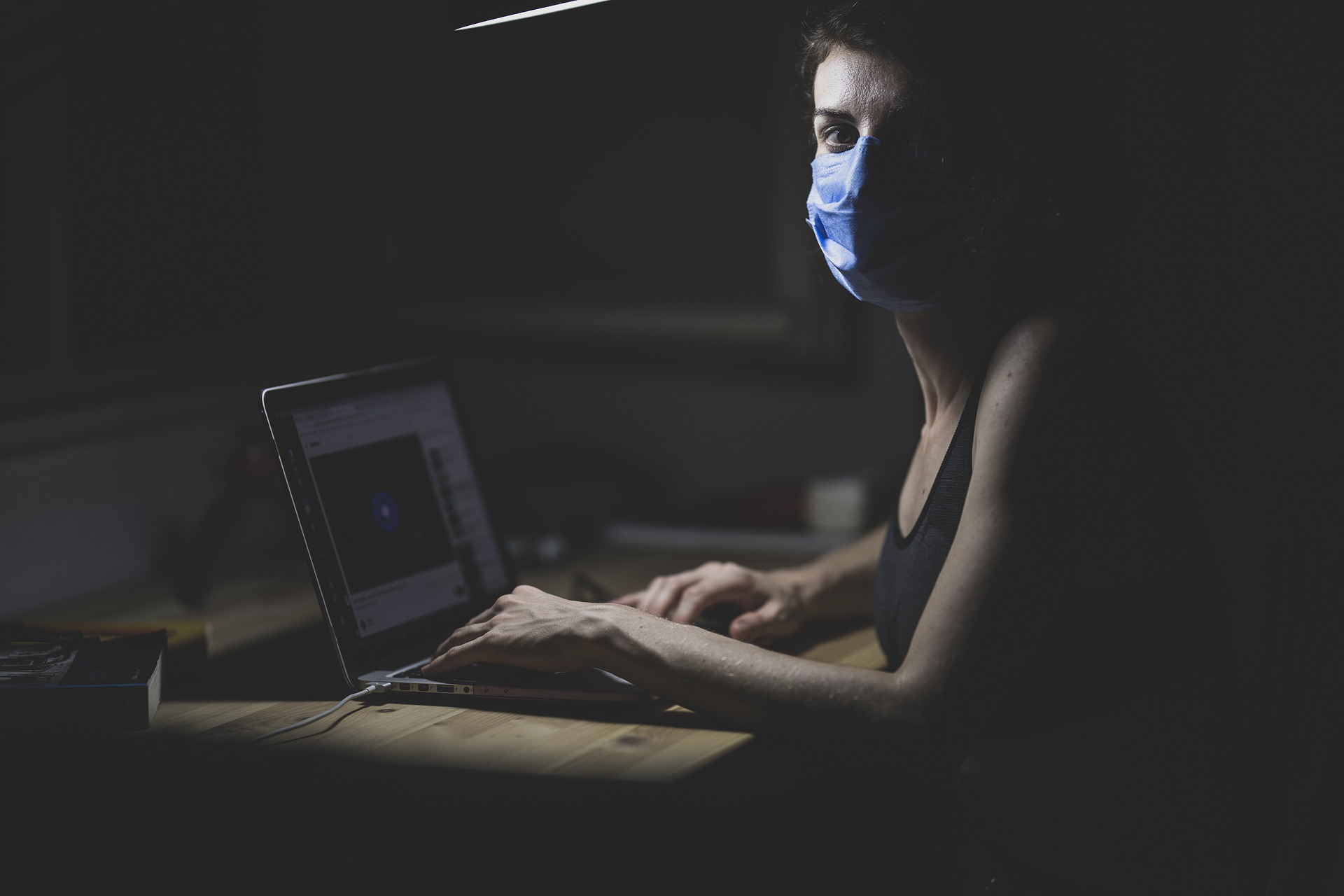Covid-19 has created a new norm that we have not been adequately prepared to cope with or adapt to. Social isolation, loneliness, abrupt changes to daily habits, and unemployment or financial insecurity, adapting to WFH, can all impact our emotional well-being and sense of self.
Even for people who have no histories of mental health issues, the weeks of lockdown and restrictions that millions are currently experiencing is wrought with emotional and psychological challenges that few had ever experienced.
In my practice, I have developed interventions to address some of these cognitive and emotional features we have been dealing with over the last 9 months. As a society, we have to begin to focus on prevention and intervention because I predict we are headed into a mental and brain health risk burden that exceeds our capacity to provide care.
In a recent survey I conducted with CEOs and Founders about how pandemic fatigue impacted their emotional well-being, I found that:
- 100% reported that Covid-19 has impacted their emotional well-being in a negative way at different points over the last 8 months
- 92% reported feeling depressive symptoms at different points over the last 8 months
- 85% reported feeling anxiety during the first few months of restrictions
- 67% reported feeling WFH related anxiety
- 75% reported experiencing brain fog at different points over the last 8 months
- 88% reported that the lack of physical connection can leave them feeling they have nowhere to turn when they feel stressed or anxious which in turn exacerbates their sense of loneliness
- 60% reported the temptation to work longer hours, and for those who don’t have a home office setup there’s no disconnect between home and office life.
While this portrait looks similar to many of us, our resiliency can help us cope and adapt to the immediate onset of pandemic fatigue. Some of the ways people adapted and continue to evolve during these challenging months were:
- 90% reported incorporating some type of physical activity provided temporary stress relief
- 88% reported disconnecting from news reports as a way to better cope with the new norm
- 60% reported using social media as a way to stay connected
- 56% reported using meditation or some form of mindfulness techniques as part of their daily routine
- 27% reported playing an instrument or writing music into their daily routine
Prolonged exposure to these new norms will have lasting emotional and cognitive effects in the future. Many neuroimaging studies have shown that chronic worries and fears diminish prefrontal cortex activity, damage neurons, shrink areas of the brain, and impair thinking.


